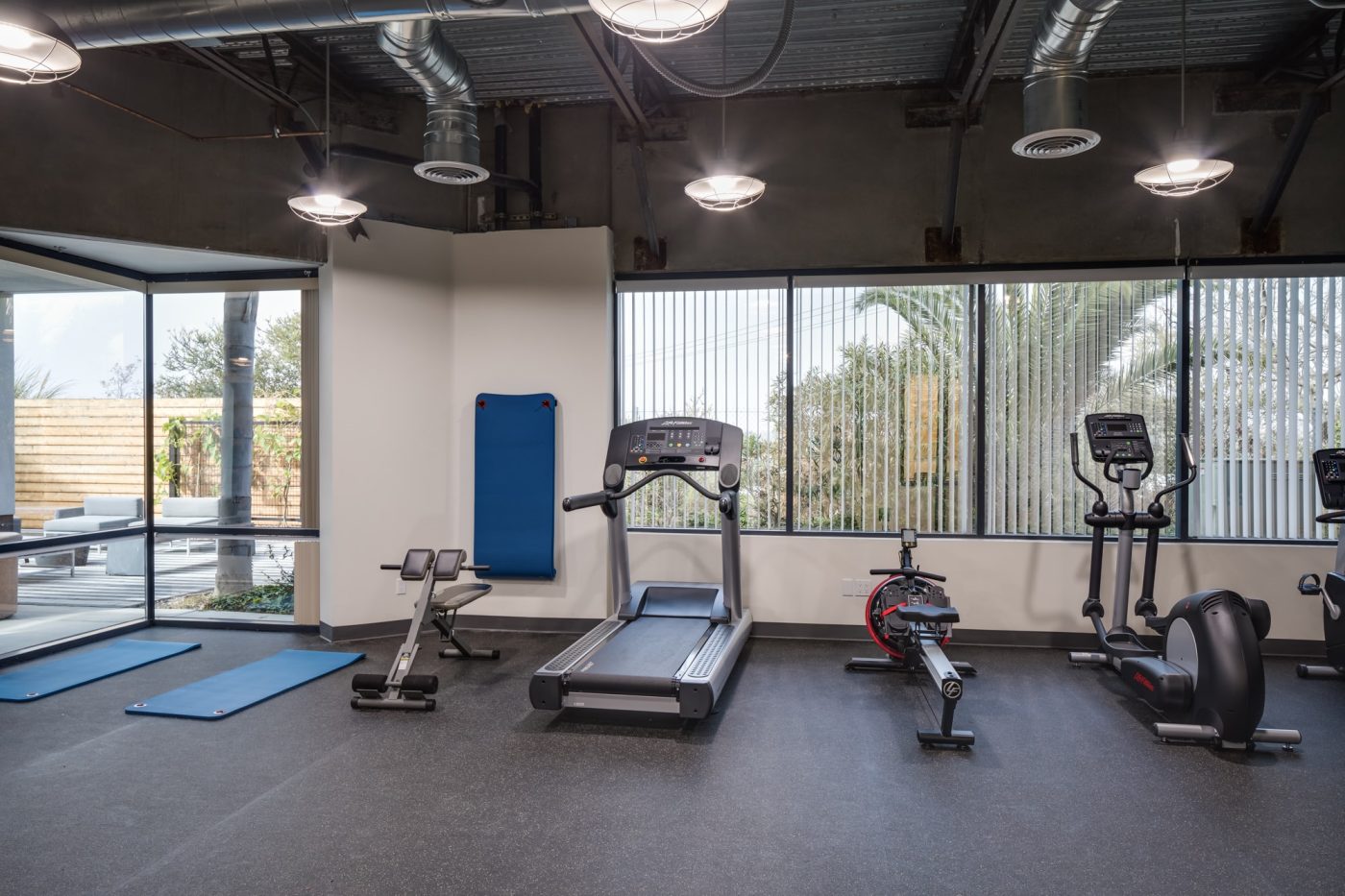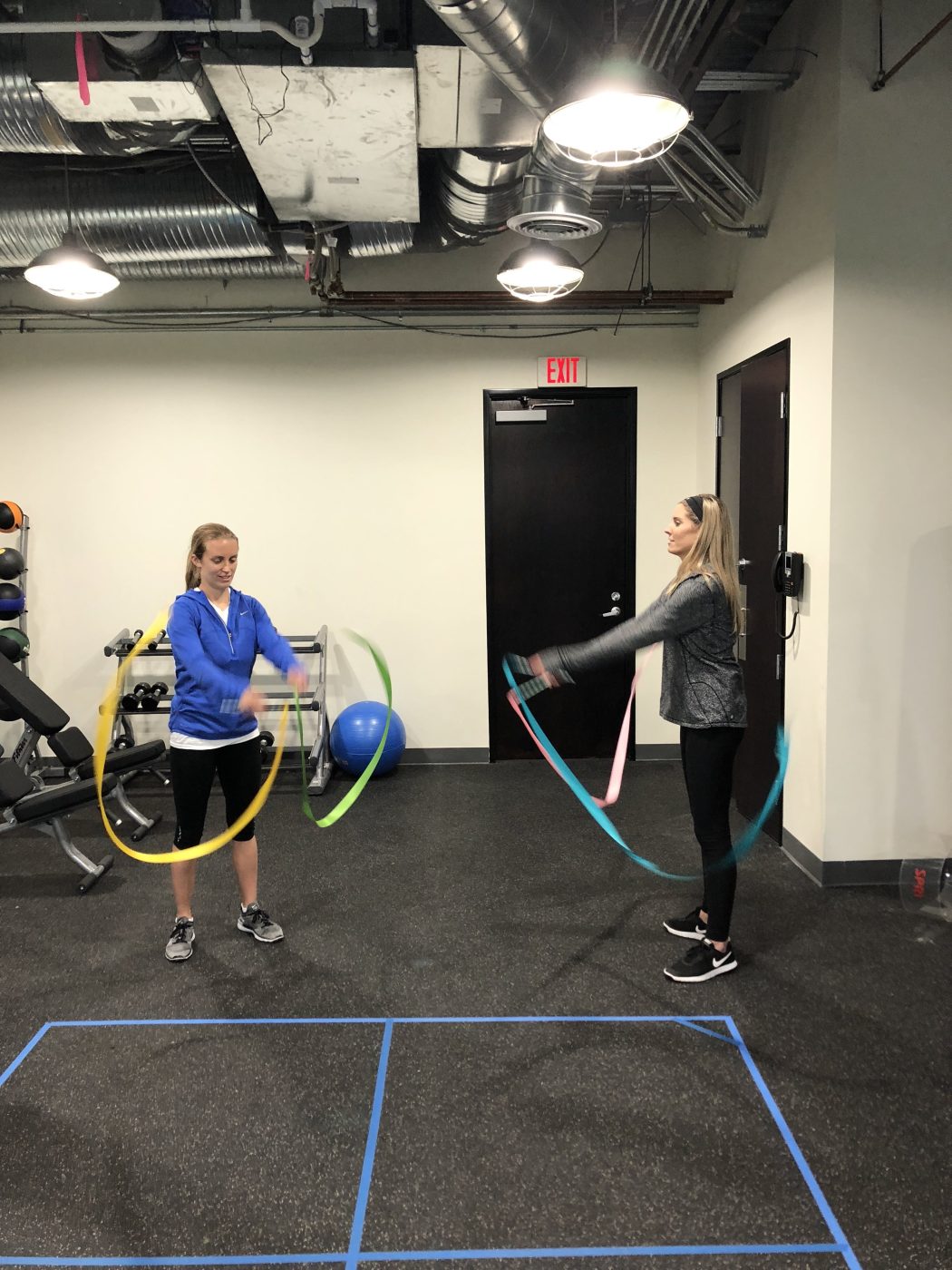Proudly serving Southern California, Montecatini Eating Disorder Treatment Center has helped transform the lives of females, ages 12+, struggling with eating disorders and co-occurring laxative abuse for over 30 years.
Learn More About Laxative Abuse Treatment
Learn more about co-occurring laxative abuse treatment at Montecatini Eating Disorder Treatment Center in Southern California
When a person consumes laxatives, which are also known as aperients or purgatives, solely for the purpose of losing weight, she places herself at great risk for developing a laxative abuse issue. Typically starting off as a quick and temporary way to help one lose weight, the abuse of laxatives can easily trigger the onset of many health risks and disturbed patterns of thoughts that can negatively impact a person’s life.
Osmotic laxatives, fiber supplements, stimulants, and softeners are the four most commonly abused laxatives. The chemicals that are found within these substances work by taking water from the body and adding it to stool in the colon, which then brings about a bowel movement. Medical professionals might recommend the use of laxatives when constipation comes as a result of lack of physical exercise, pregnancy, poor nutrition, or when specific medications cause this digestion issue. In general, the consumption of laxatives is only intended for a short period of time. However, some individuals take these medications in larger amounts than suggested. Those who abuse laxatives tend to pay no mind to the risks that are involved in this type of abuse, as the thought of losing weight is what entices them to keep abusing them. Laxative abuse can trigger the feeling of being cleansed of food. It is imperative to obtain treatment for this type of issue to avoid the development of dangerous physical and psychological health risks linked to the abuse of these substances.
Myths
Myths about laxative abuse
Laxative abuse tends to come from the idea that abusing these medications can bring on permanent weight loss. There are many myths connected to the abuse of these drugs that prevent this idea from being true.
Calories are not absorbed in the body when laxatives are taken: When an individual consumes food and/or drink, digestion begins immediately. Even when laxatives are present, the body absorbs food long before it travels down into the large intestine. Therefore, by the time a bowel movement brought on through the use of a laxative, the majority of calories have already been absorbed into the body for energy.
Laxatives quickly decrease body weight: Whenever a substance is taken that has the potential to disrupt the natural function of the body, negative side effects can occur. Continued use of laxatives can lead to irreversible organ damage, as well as other health concerns that can be painful, uncomfortable, permanent, or difficult to treat.
Co-Occurring Disorders
Laxative abuse and co-occurring disorders
The continued abuse of laxatives often signifies that an eating disorder is occurring. Whether laxative abuse brings on an eating disorder or it is included into an already existing issue, abusing these medications is hardly ever done without thought processes and behaviors consistent with an eating disorder. Bulimia nervosa, anorexia nervosa, and binge-eating disorder are the three most common eating disorders that tend to be diagnosed when someone is abusing laxatives.
Binge-eating disorder and bulimia include eating excessively large amounts of food and then taking drastic measures to get rid of the food that has been consumed. Anorexia nervosa includes self-starvation, or the restriction of food, to the point where those who struggle with this eating disorder are undernourished. However, the common denominator of all three of these eating disorders is the extreme fear of gaining weight. When this threat comes about, the anxiety linked to these disorders is triggered, causing individuals to engage in behaviors like abusing laxatives to prevent weight gain.
Signs and Symptoms
Signs and symptoms of laxative abuse
The signs and symptoms of laxative abuse can vary from person to person based on how long they have been abusing these medications and how much they have consumed. Some of the behavioral, physical, psychosocial, and cognitive symptoms of laxative abuse can include:
Behavioral symptoms:
- Avoiding certain situations in which laxatives cannot be used
- Lying about laxative use
- Consuming increased amounts of laxatives over time
- Frequent bowel movements
- Purchasing laxatives on a regular basis, oftentimes at different stores
- Developing ritualistic behavior patterns around the use of laxatives
- Switching between different types of laxatives when one does not retain its desired effect
- Hiding laxatives so as to conceal the abuse of these drugs
Physical symptoms:
- Cramping
- Stomach pain
- Mineral and electrolyte imbalances
- Severe dehydration
- Vomiting
- Nausea
- Tolerance to laxatives
- Drying of intestinal tract
- Rectal bleeding
Cognitive symptoms:
- Preoccupation with laxative use
- Poor impulse control
- Euphoria, which occurs after the removal of bowels
- Obsessions / compulsions to use laxatives
Psychosocial symptoms:
- Irritability
- Agitation
- Anxious feeling when one cannot use or acquire laxatives
- Feelings of guilt
- Feelings of shame
- Feelings of regret
Effects
Effects of laxative abuse
- Irritable Bowel Syndrome
- Colon cancer
- Death
- Nerve damage in the colon and/or heart
- Muscle weakness and/or damage to the colon and/or heart
- Tremors
- Stretched or “lazy” colon
- Kidney damage
- Liver damage
- Fainting spells
- Blurred vision
- Colon infection
Why Consider Treatment
Why consider treatment for laxative abuse
Since the abuse of laxatives rarely occurs without some type of disordered eating, those who obtain treatment that includes care for eating disorders have an increased likelihood of defeating laxative abuse. When an individual stops abusing laxatives, water retention and constipation can develop. Since those who abuse laxatives seek to eliminate those exact outcomes from occurring, these two side effects can be mentally distressing and the afflicted individuals may require medical attention to avoid additional harm to one’s physical health. While under the care of medical and mental health professionals, those struggling with laxative abuse can be supervised and treated in the best, most effective way possible. By participating in intensive care that includes a team of professionals and residential, partial hospitalization, or intensive outpatient settings, those battling with laxative abuse and an eating disorder can stay focused on recovering in a supportive, safe, and kind environment. These types of treatment options can help those who are grappling with laxative abuse to rid themselves of their dysfunctional thinking and help them develop happy, healthy lifestyles that support good physical and mental health. Intensive treatment can offer an individual with these issues the access to psychiatric services, specialized therapeutic interventions, and nutritional counseling that can help them succeed in their recovery and move forward into a life filled with good health and endless possibilities.

























